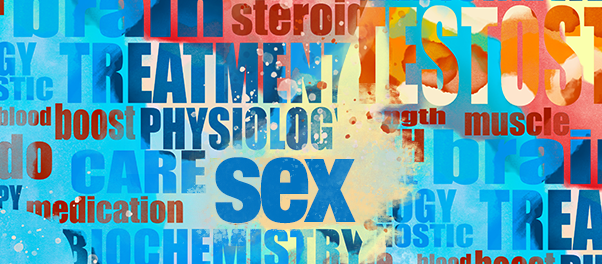What is an Invalidating Environment?
An invalidating environment pervasively negates, punishes, corrects, ignores, or dismisses behavior directly or indirectly, sending an individual a message that something is wrong with their emotions, and they are expected to manage them alone
Repeated invalidation causes an individual to mistrust and judge their feelings negatively. Moreover, children may believe that they are a “bad” person for experiencing emotions.
Some examples are:
- Telling a child not to come out of their room until they calm down sends the message to the child that they should deal with their emotions on their own.
- Asking questions such as, “Why are you upset over that? That’s nothing to be upset over,” tells a child that their emotions are wrong or bad.
Invalidation is not just done by responding negatively, a child may be invalidated when they are ignored.
What about if a child is crying and that crying is ignored? The same child then cries harder until they are told to “pull yourself together” or “stop being a baby.” While the verbal response and indirect message are negative, the child has learned how to get someone to respond to them by getting extremely upset or angry.
- Oversimplification of problem-solving, e.g., “pull yourself together,” does not allow individuals to foster practical problem-solving skills and inhibits their ability to meet goals.
- Invalidation may also cause individuals to vacillate between emotional inhibition and extreme emotional escalation.
DBT understands that parents and caregivers are doing the best they can.
- A parent may not know how to validate their child’s emotions because their emotions were never validated.
- A parent may have mental health or substance use struggles and may be experiencing their own emotions and troublesome behaviors, making it impossible for them to attune to their child’s emotional needs.
- Ignoring a child’s emotions teaches them that their emotions do not exist. In the future, children may self-invalidate when experiencing any emotion (e.g., “I’m so dumb for getting upset”).






















